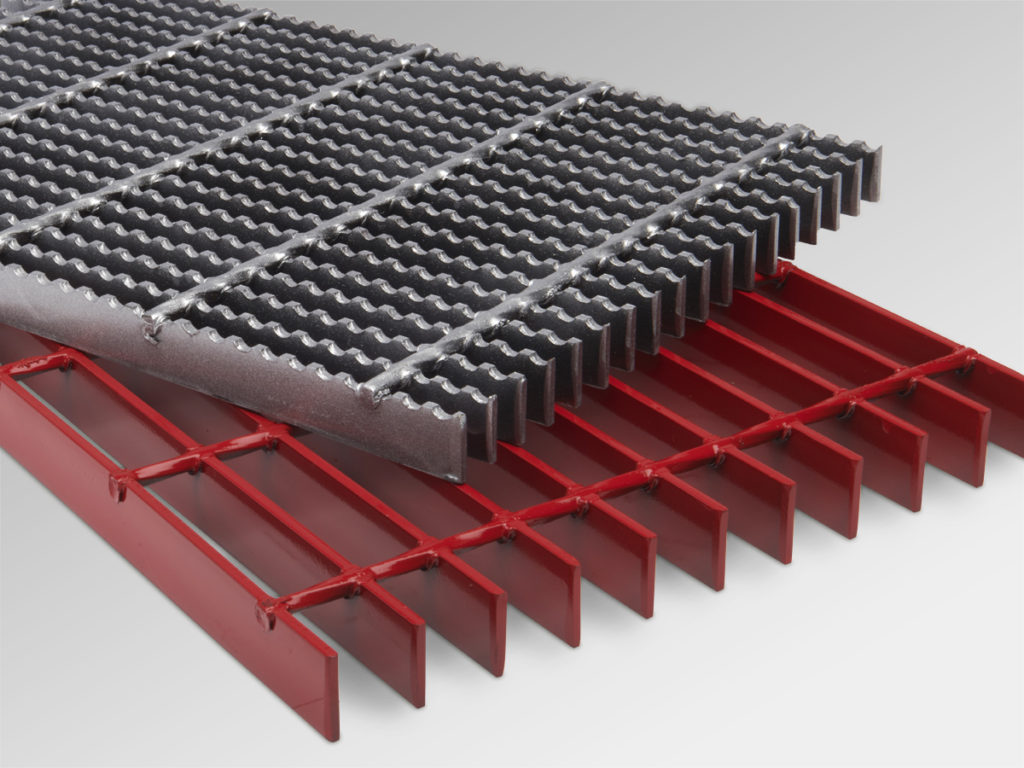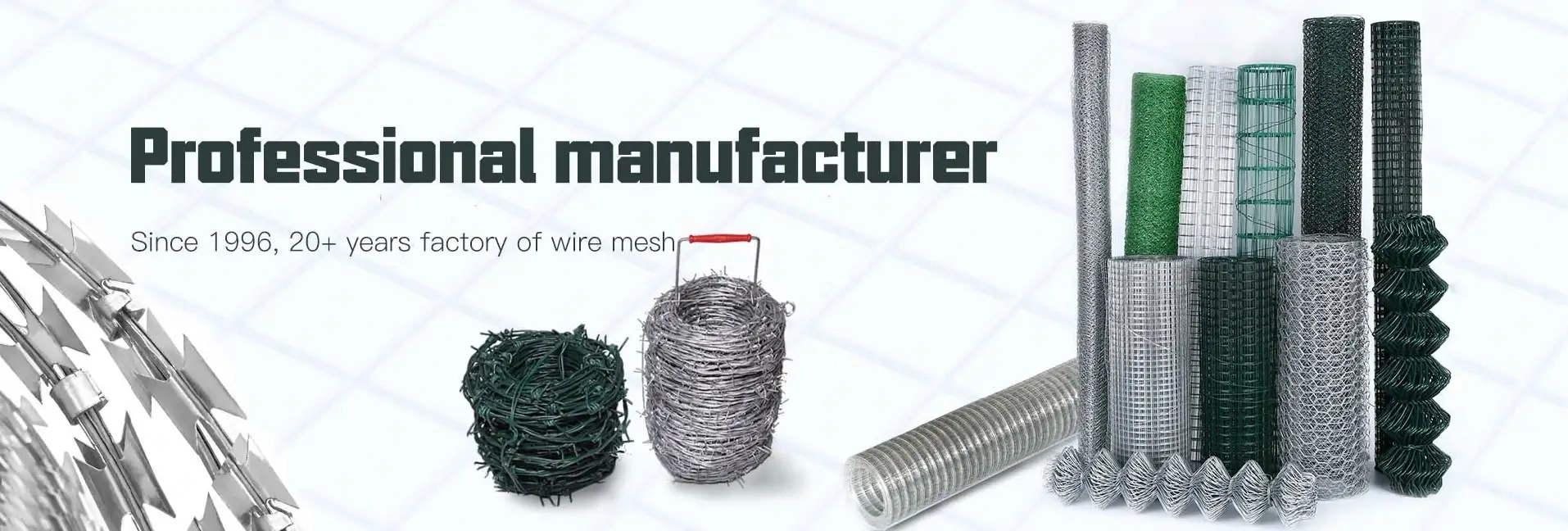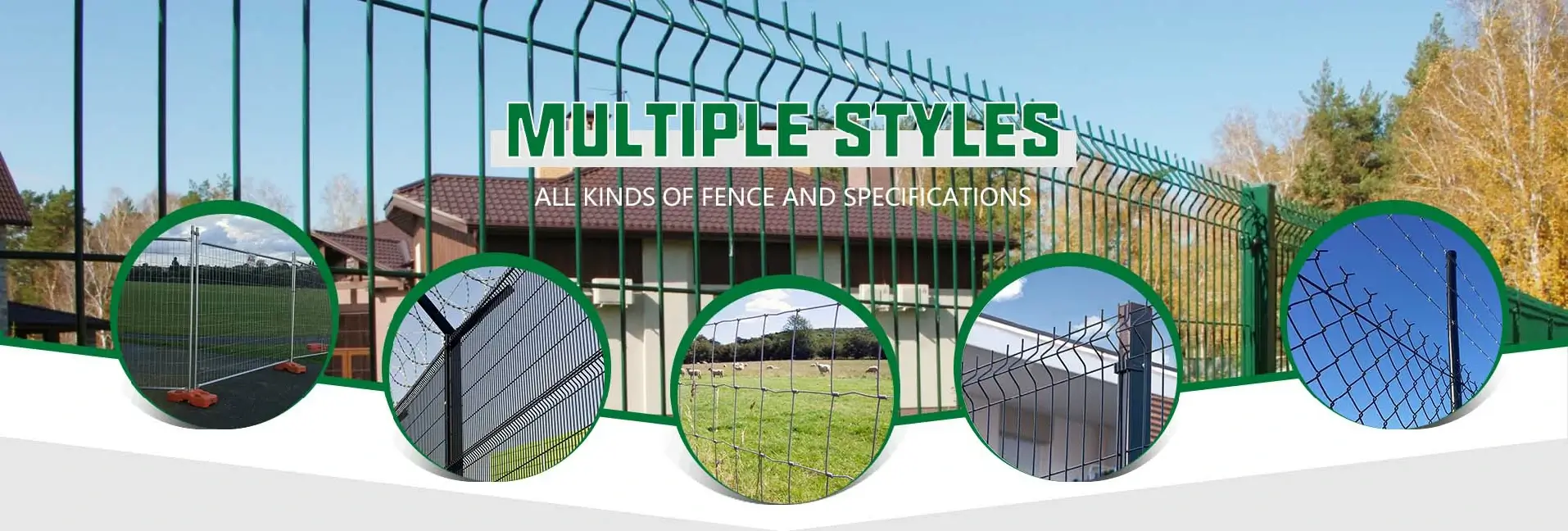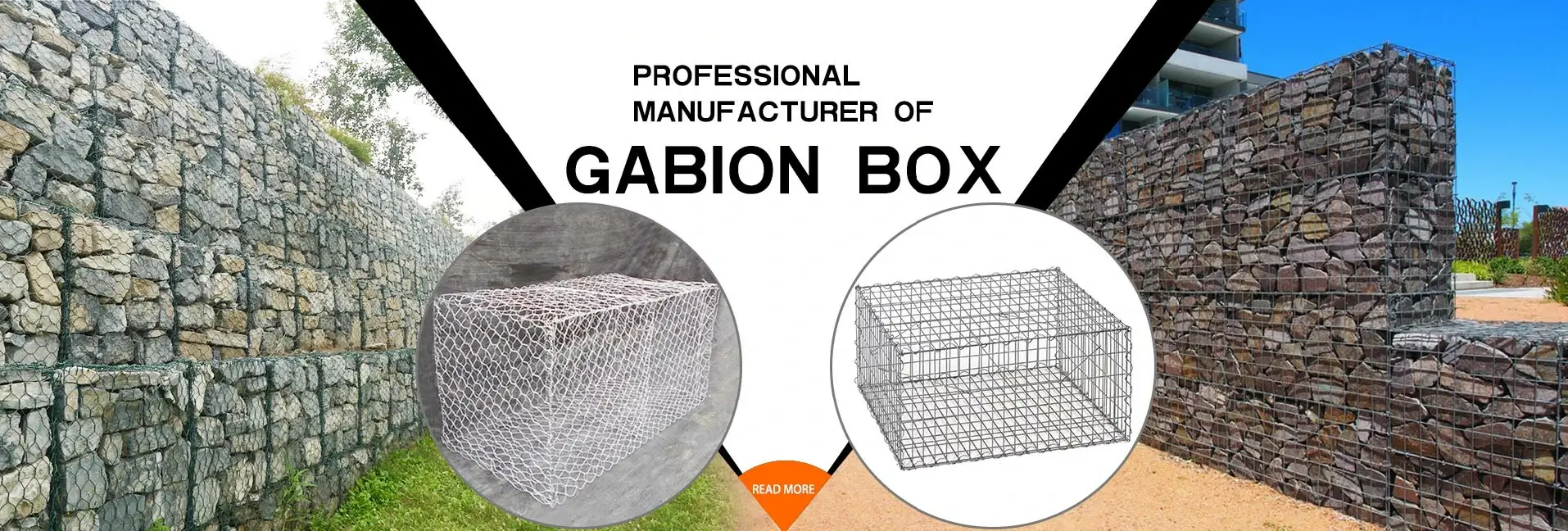8 月 . 19, 2024 11:30 Back to list
High-Quality 80x100 Gabion Wire Mesh Exporter for Durable Construction and Landscaping Solutions
Gabion Wire Mesh A Strong Solution for Erosion Control and Construction
Gabions have become a vital component in modern construction and landscaping, offering effective solutions for erosion control, drainage, and aesthetic enhancement. At the heart of these structures lies gabion wire mesh, a robust material designed to contain stones or aggregates, providing strength and stability. Among various suppliers around the globe, specialized gabion exporters are making significant contributions to this industry's growth, particularly in supplying high-quality gabion materials, such as the popular 80x100 gabion mesh.
What is Gabion Wire Mesh?
Gabion wire mesh is a product made from high tensile strength steel wires, woven into a grid, or welded together, to create a durable enclosure. It is typically galvanized or coated with PVC to prevent corrosion, ensuring longevity even in harsh environments. Gabions are filled with natural stones, gravel, or other suitable materials, forming a flexible and permeable structure that blends well with its surroundings.
The dimensions of the wire mesh are crucial to its application. The 80x100 gabion mesh specification indicates the mesh size, with 80mm x 100mm being effective for various sizes of stones while maintaining structural integrity. This size allows for ample drainage and natural vegetation growth, which can enhance the ecological value of the area while combating soil erosion.
Applications of Gabion Wire Mesh
1. Erosion Control One of the most common uses of gabion wire mesh is in the stabilization of slopes and riverbanks. The weight of the filled gabions provides resistance against water flow, minimizing the risk of erosion and landslides. Furthermore, the porous nature of gabions allows water to flow through, reducing hydrostatic pressure behind the wall.
gabion wire mesh, 80x100 gabion exporter

2. Retaining Walls Gabion structures can effectively serve as retaining walls, providing lateral support for soil masses. This application is especially beneficial in areas where traditional concrete walls may be prone to cracking or displacement due to soil movement.
3. Noise Barriers In urban development projects, gabion walls can be constructed to serve as sound barriers, absorbing noise pollution from traffic or industrial activities. The thickness and material used in the gabions can significantly mitigate sound transmission.
4. Architectural Features Beyond their practical uses, gabions also offer a unique aesthetic appeal. Designers and architects often incorporate them into landscaping and building designs, allowing for natural stone facades that blend seamlessly with the environment.
Choosing the Right Gabion Exporter
When sourcing gabion wire mesh, selecting a reliable exporter is crucial to ensure quality and durability. Not all gabion products are created equal; a reputable exporter will provide products that adhere to industry standards and offer necessary certifications. It is advisable to consider exporters with a proven track record, positive customer reviews, and a willingness to provide samples or detailed specifications of their products.
Conclusion
Gabion wire mesh, especially the 80x100 variant, offers versatile solutions for professionals involved in construction, landscaping, and environmental management. Its strength, durability, and aesthetic potential make it an ideal choice for various applications, from erosion control to architectural features. As demand rises, the role of specialized gabion exporters becomes increasingly important, providing high-quality materials that contribute to sustainable and resilient infrastructure. Investing in gabion technology is not merely a trend; it represents a commitment to environmental stewardship and innovative construction practices.
-
Temporary Fence Base Products Durable & Reliable Manufacturer Solutions
NewsMay.30,2025
-
Best Africa Chicken Netting Hexagonal Wire Mesh Durable & Weatherproof
NewsMay.30,2025
-
Australian Temporary Fence Solutions Durable & Reliable Products
NewsMay.30,2025
-
Galvanized Steel Gabion Net & Trusted Gabion Factory Solutions High Durability
NewsMay.29,2025
-
Top-Rated Removable Fences Durable & Easy-Install Solutions
NewsMay.29,2025
-
Steel Expanded Metal Mesh Fence
NewsMar.07,2025



